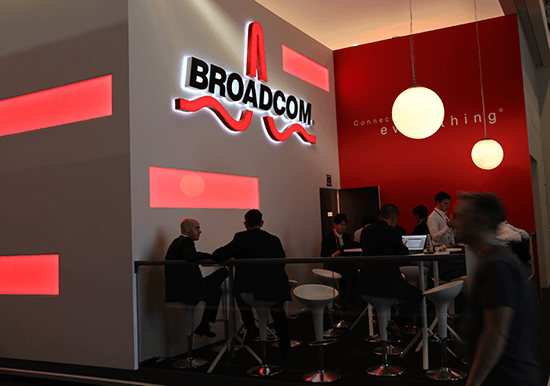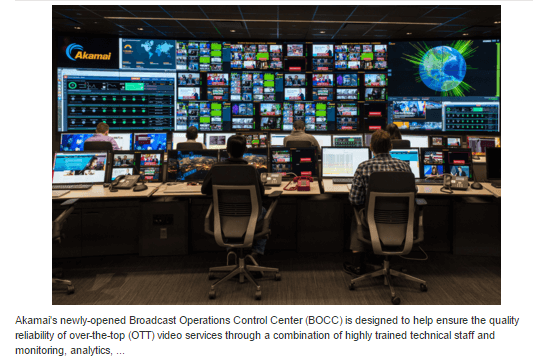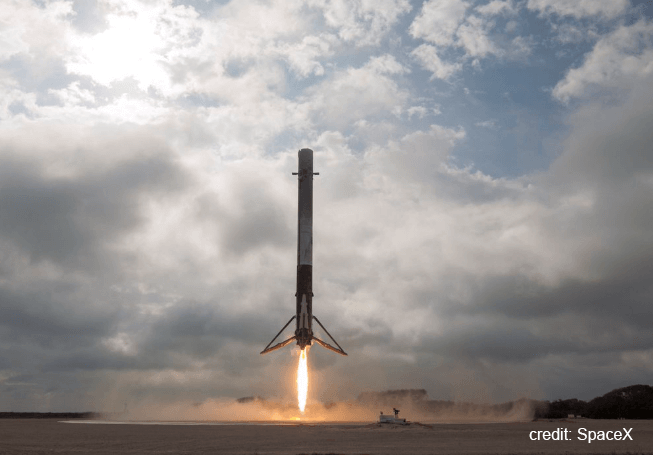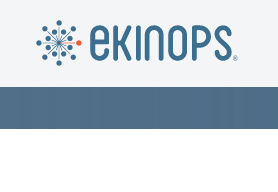Marking the first major step in its push to put compute, storage, database, and other services on top of the same underlying backbone that powers its edge network, Akamai Technologies inaugurated three cloud computing sites in Paris, Washington, D.C., and Chicago. Akamai plans to open similar sites in Seattle and Chennai later this quarter.
“Distributed workloads require distributed infrastructure,” said Adam Karon, chief operating officer and general manager, Cloud Technology Group, Akamai Technologies. “Legacy, centralized cloud architecture was not designed for the demands of developers and companies challenged with delivering better user experiences that increasingly require putting applications and data closer to the customer.”
“Next generation applications demand cloud infrastructure that provides dramatically lower latency and better egress than what’s currently possible from today’s legacy cloud providers,” said Karon. “What we’re building is designed for that new world.”
The company also announced new premium instances that deliver consistent performance, predictable resource and budget allocation, and simpler SKU management for larger commercial workloads. The new instance types guarantee assignment to the best performing processor and hardware combination available. They can also make it easier to manage multiple deployments and upgrades without complicated SKU matching which can often see in excess of 100,000 changes a month across the top three legacy hyperscale providers. The new premium service, available across each of the company’s newly launched sites, adds to Akamai’s existing shared and dedicated offerings.
Additionally, Akamai announced it doubled the capacity of its object storage product to one petabyte and one billion objects per bucket. The upgrade allows businesses to access higher data volumes to build scalable, performant, and low-latency cloud-native applications and analytics solutions. Clusters with the increased limits will be available in the new sites announced today.
Lastly, the company announced plans to launch Akamai Global Load Balancer later this quarter, the first of several planned integrated services following Akamai’s acquisition of Linode. The new global load balancing capabilities ensure no single point of failure, routing traffic requests to the optimal data center to minimize latency.




















